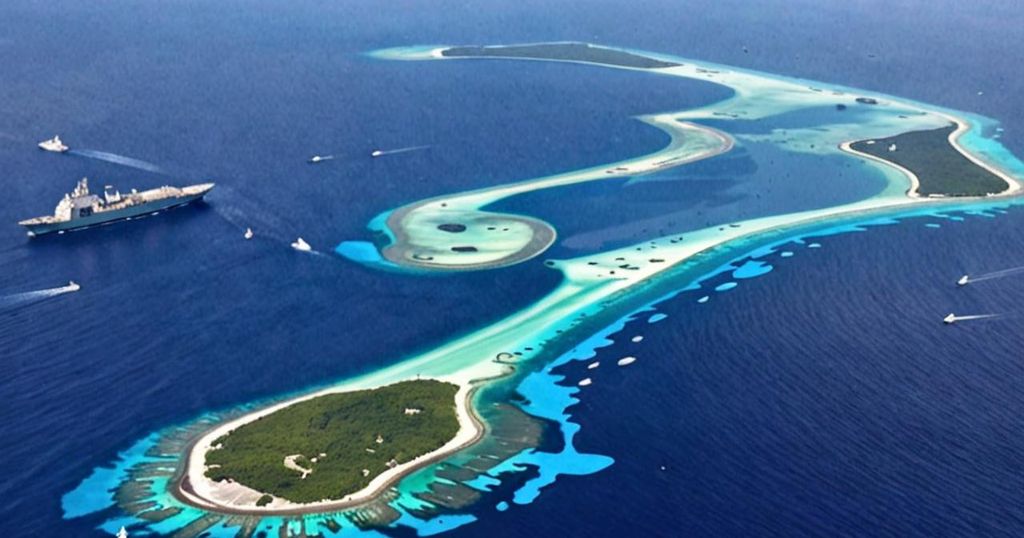The ongoing South China Sea dispute remains a prominent issue in Southeast Asian politics, with several nations laying claim to the contested waters. The Philippines, in particular, finds itself embroiled in this conflict, resulting in a fluctuating and sometimes contradictory foreign policy strategy.
The nation’s response to the West Philippine Sea dispute is influenced by a multitude of factors, including historical ties to the US, perceived military threats from China, economic benefits from bilateral trade, and the role of ASEAN in diplomatic discussions. However, these external influences merely scratch the surface of the intricate dynamics governing the Philippines’ foreign policy decisions.
An evaluation of the country’s internal dynamics reveals a substantial impact on its approach to the maritime dispute. The 1987 Constitution of the Republic of the Philippines significantly shapes the nation’s foreign policy. Through provisions that establish the country as a democratic and republican state, power lies with the Filipino people to elect their leaders. However, this system has also led to a tendency for heads of state to make personalized foreign policy decisions based on perceived electoral mandates.
Unlike the United States, the presidential model in the Philippines has led to a more arbitrary and personalized approach to foreign policy. With weaker party identification and higher electoral volatility, state leaders have been able to craft policies without a strong ideological foundation. Additionally, the limited six-year presidential term has resulted in a lack of continuity in strategic policy, leading to drastic shifts in foreign policy with each new administration.
The succession of different presidents in the Philippines has further exacerbated the inconsistency in foreign policy. The shifts in foreign strategy between the administrations of Gloria Macapagal-Arroyo, Benigno Aquino III, and Rodrigo Duterte reflect the volatile nature of Philippine foreign policy, with each leader pursuing a dramatically different approach to the maritime dispute.
In conclusion, the domestic political landscape in the Philippines has significantly influenced the country’s foreign policy towards the South China Sea dispute. The provisions delineated in the constitution, along with the inherent characteristics of the presidential model, have resulted in a constantly evolving and unpredictable approach to international relations. Consequently, the Philippines’ stance on the maritime conflict remains defined by the intricacies of its domestic politics.

Leave a Reply